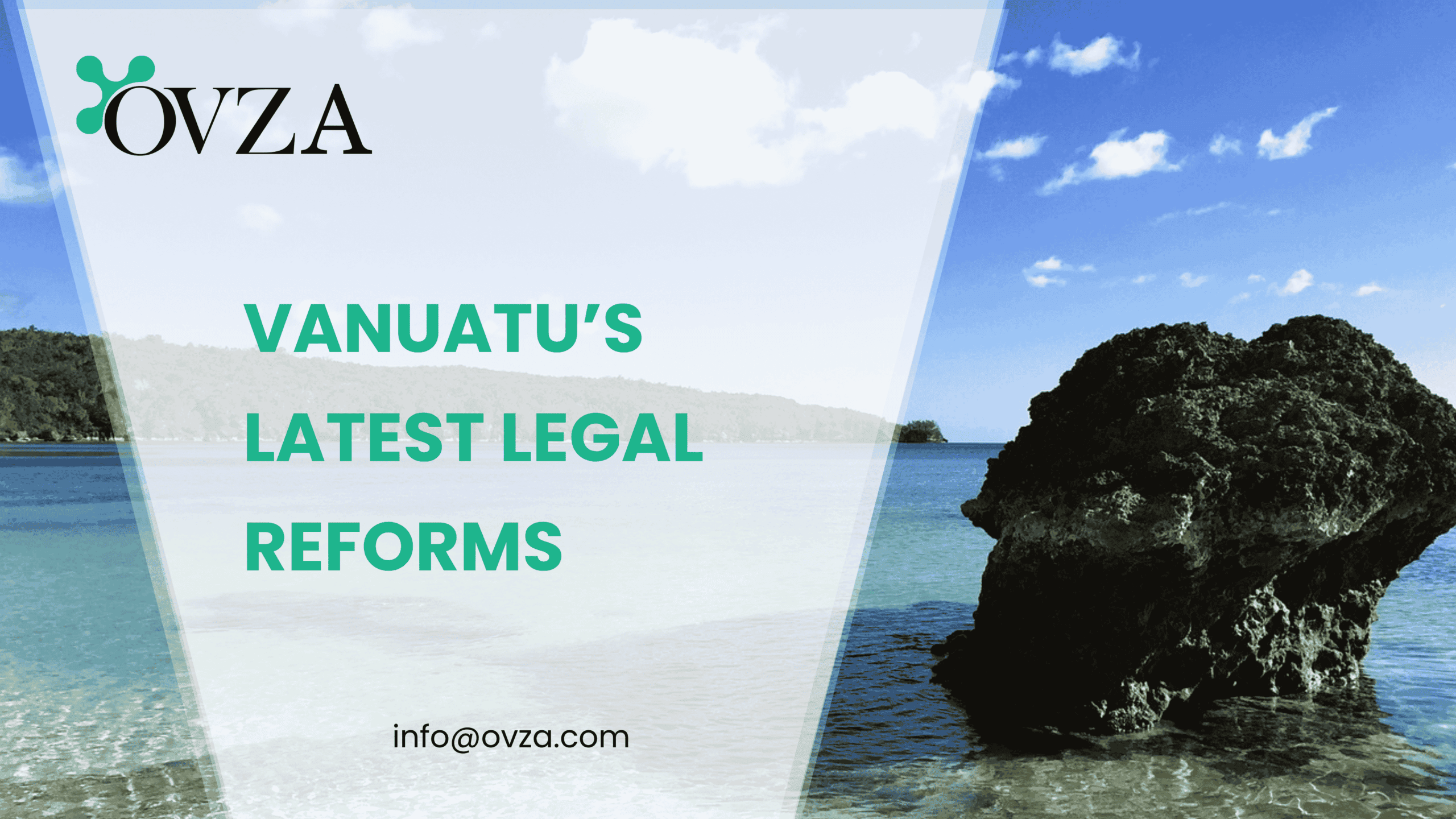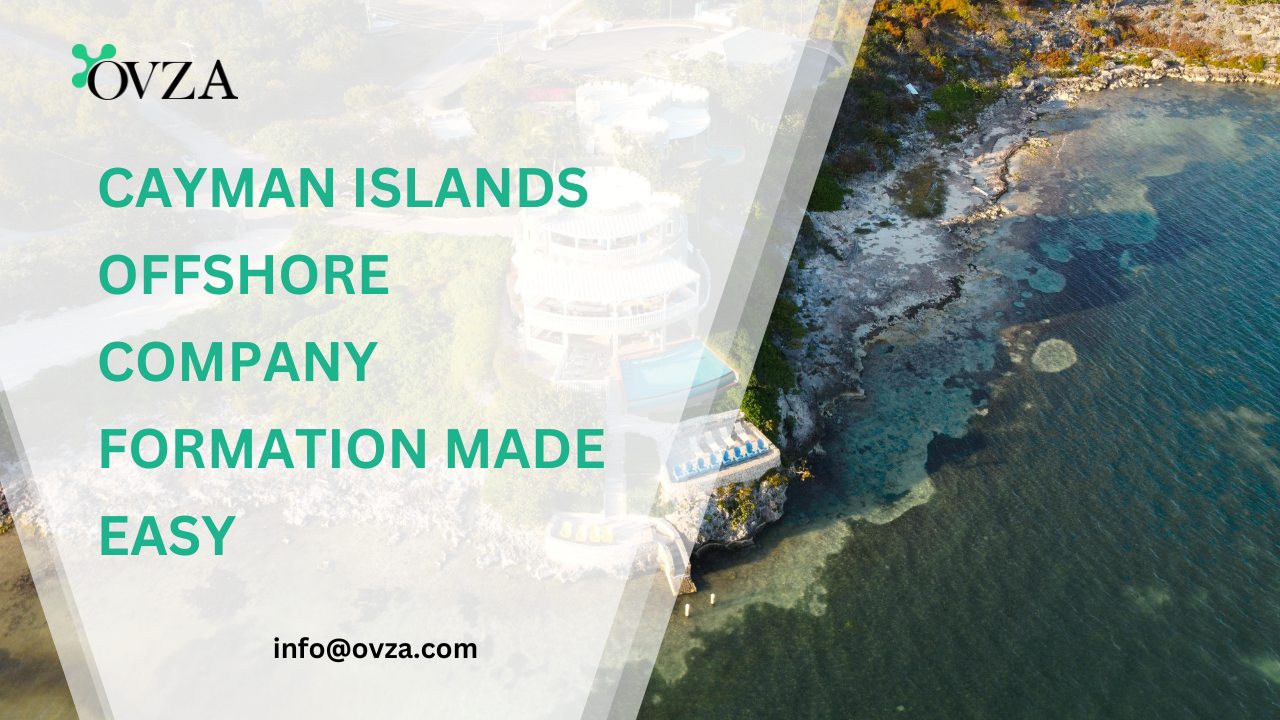Many individuals exploring offshore structuring want to know whether they can establish a company entirely on their own — without the need for co-founders, partners, or additional directors. The answer is clear: in nearly all offshore jurisdictions, it is completely legal for one person to own and manage a company as both the sole shareholder and sole director.
This structure is not unusual. In fact, it is the most common setup used by independent entrepreneurs, consultants, and asset owners who want to operate through a limited liability company without complicating the ownership or governance. Most offshore company formation laws are written to allow for this exact arrangement. It simplifies incorporation, reduces ongoing obligations, and gives the owner full control over decision-making and operations.
There is no legal requirement in these jurisdictions to appoint other shareholders or include additional directors. A single person may register an offshore company, own 100% of the shares, manage it as director, and handle all its affairs — including banking, invoicing, and contractual commitments — in their own capacity. This makes the single-owner offshore company a straightforward and efficient structure for legitimate international activity.
Legal Basis for Single-Person Ownership
Jurisdictions such as the British Virgin Islands, Seychelles, Belize, and Saint Vincent have company laws that allow a company to be incorporated with just one shareholder and one director. There is no obligation to involve any third party in the ownership or control of the company, and there are no legal disadvantages to this structure. In many cases, this is the default model used by incorporation agents and is widely accepted by regulators and service providers.
These laws are designed to support flexible ownership models without imposing unnecessary burdens. A foreign national may own the company in full, act as its sole director, and operate it from anywhere in the world, as long as the activities are lawful and the company meets its compliance obligations — including proper recordkeeping, filing of annual returns (where required), and cooperation with due diligence requests from banks or registered agents.
Why One-Person Offshore Companies Are Often Preferred
In practice, forming an offshore company with a single shareholder and director is not just legally acceptable — it’s often the most practical and efficient choice. This model is especially attractive to individuals who want to retain full control, reduce administrative overhead, and avoid unnecessary complexity.
A sole-owner structure eliminates the need for board meetings, voting procedures, or delegation of authority. The individual can act immediately and independently on behalf of the company, whether signing contracts, opening accounts, or managing assets. This makes it ideal for international consultants, online entrepreneurs, digital service providers, investors, and anyone running a location-independent business.
For small and medium-sized operations, involving multiple people in ownership or management rarely adds value. It often creates complications around liability, profit-sharing, or conflicting strategic decisions. A single-member company avoids all of that while still offering the full legal benefits of limited liability, asset protection, and contractual capacity.
Additionally, most banks and financial institutions that serve offshore clients are familiar with one-person companies. While they may require standard documentation to verify the legitimacy of the business and the identity of the beneficial owner, the fact that the company has only one director and shareholder is not a barrier to account opening — provided the business purpose is clear, legal, and well-documented.
In jurisdictions where economic substance rules apply, this structure may still be compliant if the company is not conducting a “relevant activity” under local law. And even where substance is required, being a single owner doesn’t disqualify the entity — it simply means the company may need to demonstrate some operational presence in the jurisdiction, which can be managed with local service providers.
Reduced KYC Requirements with a Single Shareholder and Director
Offshore company formation requires the verification of all individuals involved in the ownership or management of the entity. This includes shareholders, directors, and in some cases, any person with significant control. When a company has multiple parties involved, each of them must provide certified identification, proof of address, and — depending on the jurisdiction — declarations of wealth or references from banks or professionals. This is part of the standard due diligence process enforced by law.
A single-owner company reduces this burden dramatically. With only one individual to screen, we at OVZA are able to complete the due diligence process faster and with fewer documents. There are no additional identities to verify, no need to resolve inconsistencies between shareholder and director filings, and no delays arising from coordination among multiple parties. As a result, formation often takes less time.
Simplified Bank Account Applications
The same principle applies when the company applies for a bank account or electronic money institution (EMI) account. Financial institutions are subject to anti-money laundering regulations that require full KYC on all persons with control or ownership over the company. In a structure where the shareholder and director are the same individual, the process is easier to manage and more transparent to the bank.
The applicant only needs to provide one set of documents — passport, proof of address, and sometimes a source of funds explanation. Banks are often more comfortable with structures where ownership and control are centralized in a single, clearly identified person, as it reduces risk and eliminates ambiguity. This simplicity can be the difference between approval and rejection in a highly regulated financial environment.
Moreover, a straightforward one-person company avoids the suspicion that sometimes accompanies nominee arrangements or complex ownership chains. Transparency, in this case, becomes a strength.
Conclusion
Forming an offshore company as a single shareholder and director is not only legal — it is often strategically superior. The structure is widely recognized, easy to manage, and highly compatible with modern international business practices. Jurisdictions that allow single-owner entities provide full legal standing, limited liability, and operational flexibility, without requiring co-owners, resident directors, or unnecessary intermediaries.
From a compliance perspective, the simplicity of a one-person company reduces due diligence friction during incorporation and banking. It also offers clear accountability, a streamlined governance structure, and lower administrative costs. Whether you’re a consultant, digital entrepreneur, investor, or private client, this model provides a clean, efficient way to operate globally while retaining full control.
If structured properly, maintained transparently, and used for legitimate purposes, a single-owner offshore company remains one of the most practical and legally secure tools available in international business today.
Disclaimer: The information provided on this website is intended for general reference and educational purposes only. While OVZA makes every effort to ensure accuracy and timeliness, the content should not be considered legal, financial, or tax advice.













